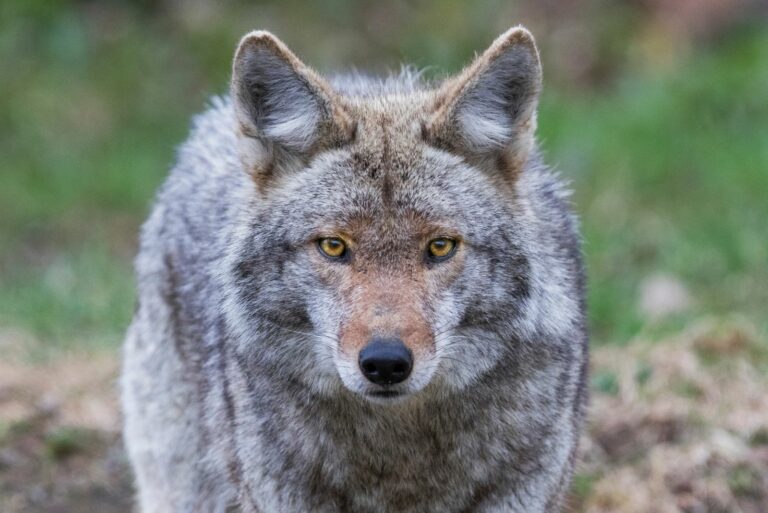What To Do If A Fox Wanders Into Your Virginia Yard This Fall

A fox in a Virginia yard can turn a quiet afternoon upside down in a heartbeat. One minute the lawn sits calm, the next a sharp face and bright tail appear like a scene from a folk tale.
Curiosity, hunger, or a quick shortcut may draw this clever visitor close, yet a smart response keeps both household and wildlife safe. With the right approach, a surprise encounter stays calm and under control, and the fox moves along without trouble.
1. Stay Calm And Keep Your Distance
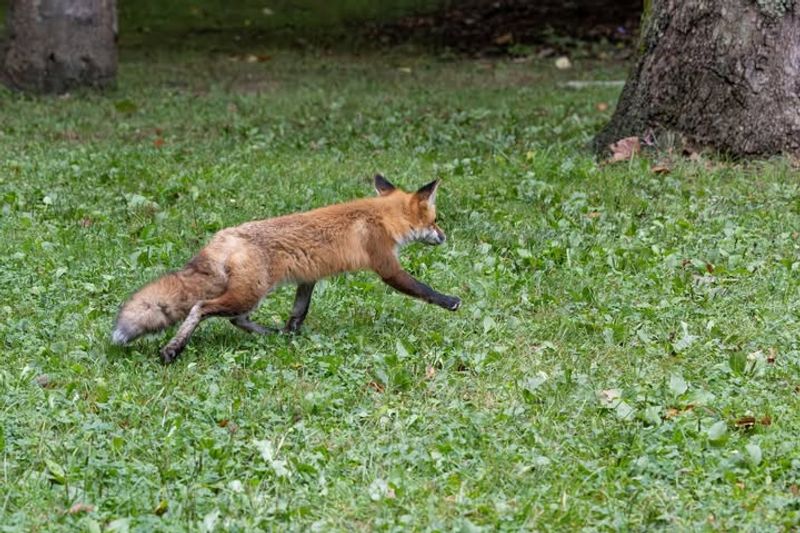
Seeing a fox up close in your Virginia yard might make your heart race, but panicking will only make things worse. Wild foxes rarely attack humans and usually want nothing to do with us.
Give the animal plenty of space to move around freely. Standing at least 50 feet away keeps everyone safe and comfortable.
Watch from inside your home through a window if possible, and never try to corner or chase the fox into a tight spot.
2. Remove Outdoor Pet Food Immediately

Food left outside acts like a dinner invitation for hungry foxes exploring your neighborhood. Dog and cat bowls sitting on porches or patios smell delicious to wild animals searching for easy meals.
Bring all pet dishes inside right away, even if they seem empty. Leftover crumbs and scents still attract unwanted visitors.
Feed your pets indoors from now on, or supervise them closely during outdoor mealtimes to prevent fox encounters in your Virginia backyard.
3. Secure Your Garbage Cans Properly
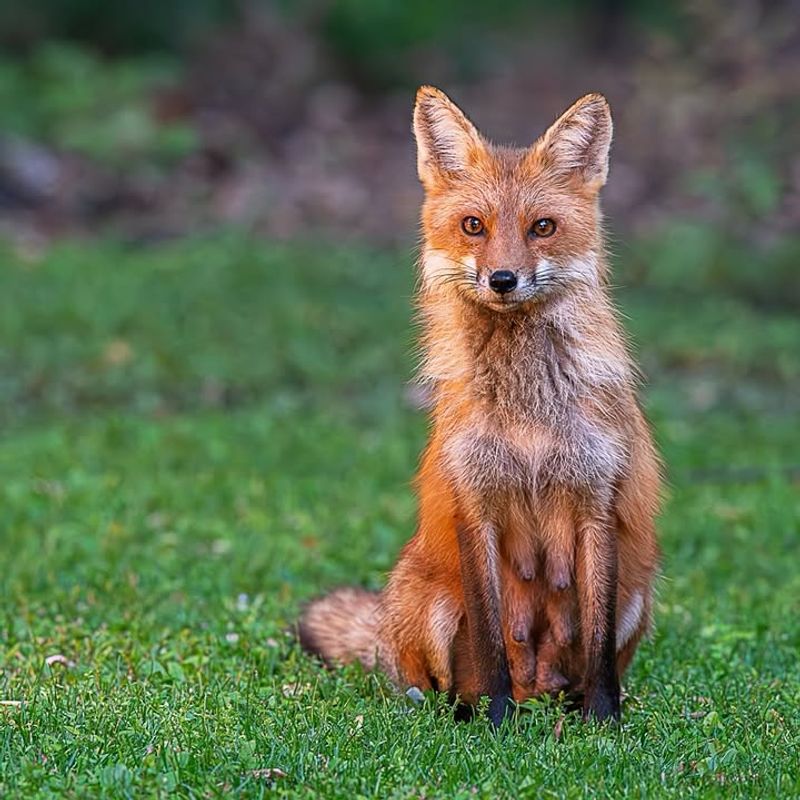
Trash cans overflowing with tasty leftovers make perfect fox buffets during their evening hunts. Foxes have clever paws and noses that can open loosely covered bins with surprising ease.
Use heavy-duty lids with locking mechanisms or bungee cords wrapped tightly around the top. Store garbage containers inside your garage or shed until collection day arrives.
Double-bagging smelly items like meat scraps reduces odors that travel through neighborhoods attracting curious wildlife.
4. Check For Possible Den Sites
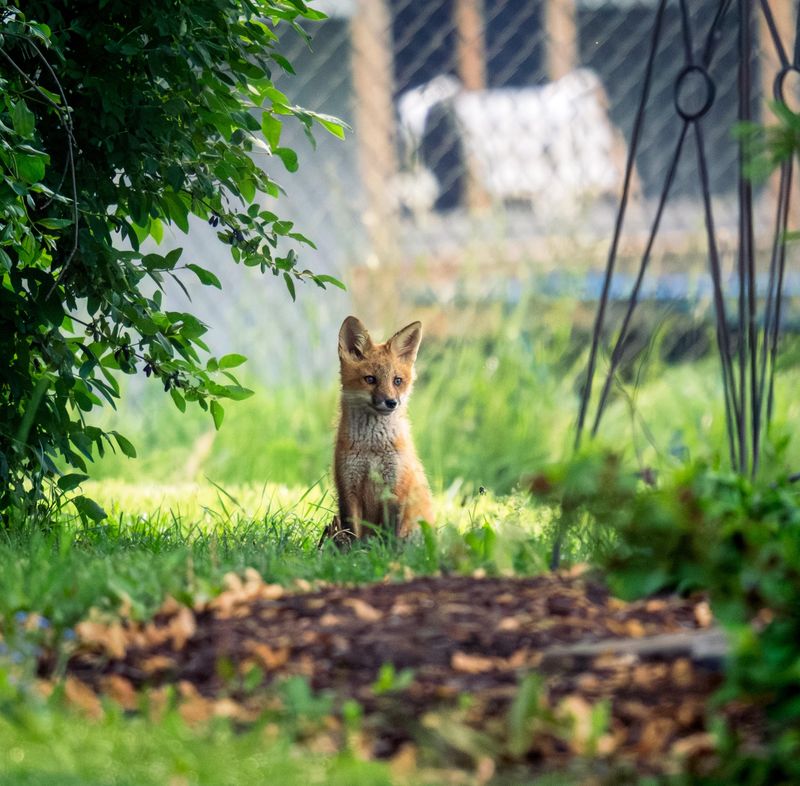
Foxes love cozy hideaways under decks, sheds, and porches where they feel protected from weather and predators. A visiting fox might be scouting your yard for the perfect winter home.
Inspect dark spaces beneath structures using a flashlight during daytime hours. Look for dug-out areas, scattered fur, or tracks leading underneath.
Block access points with heavy wire mesh or wooden boards buried several inches deep to discourage den building on your property.
5. Make Noise To Encourage Departure
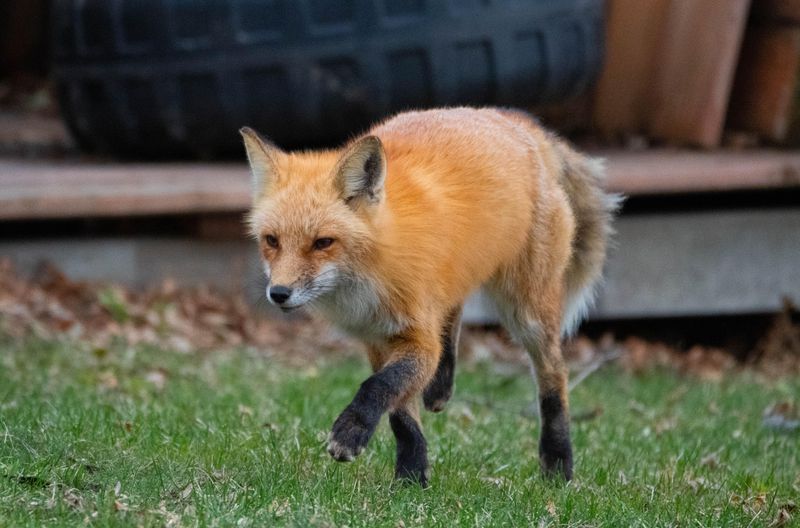
Sometimes foxes just need a gentle reminder that they have wandered into human territory. Loud sounds typically convince them to leave without any physical contact or danger.
Clap your hands firmly, shake a can filled with coins, or use a whistle from a safe distance. Avoid screaming or making aggressive movements that might frighten the animal into defensive behavior.
Most foxes will trot away quickly once they realize humans are nearby and paying attention to their presence.
6. Protect Small Pets And Chickens
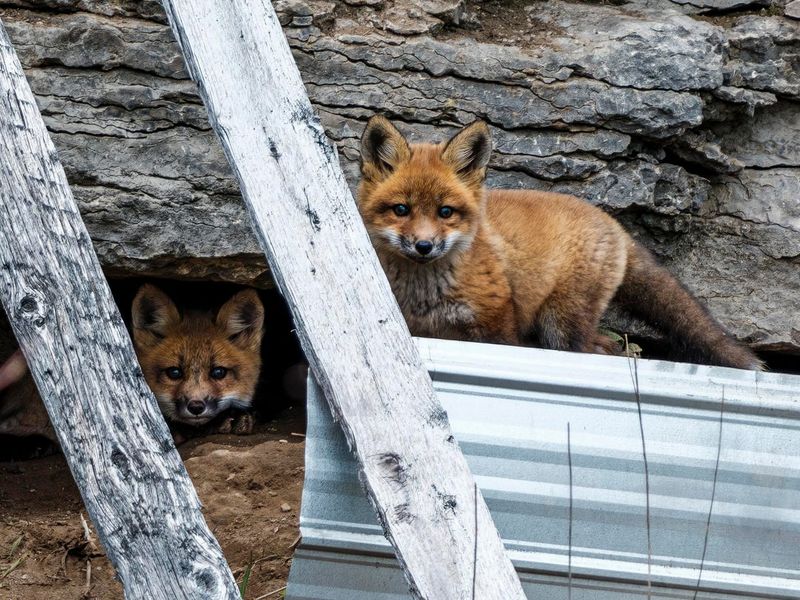
Foxes view small animals as potential prey, especially rabbits, guinea pigs, and backyard chickens that cannot defend themselves. Your beloved pets could be in serious danger if left unprotected outdoors.
Bring small pets inside immediately when foxes are spotted nearby. Reinforce chicken coops with sturdy wire fencing and secure locks that foxes cannot manipulate.
Supervise small dogs during bathroom breaks, particularly during dawn and dusk when foxes are most active hunters.
7. Avoid Direct Eye Contact Or Approach
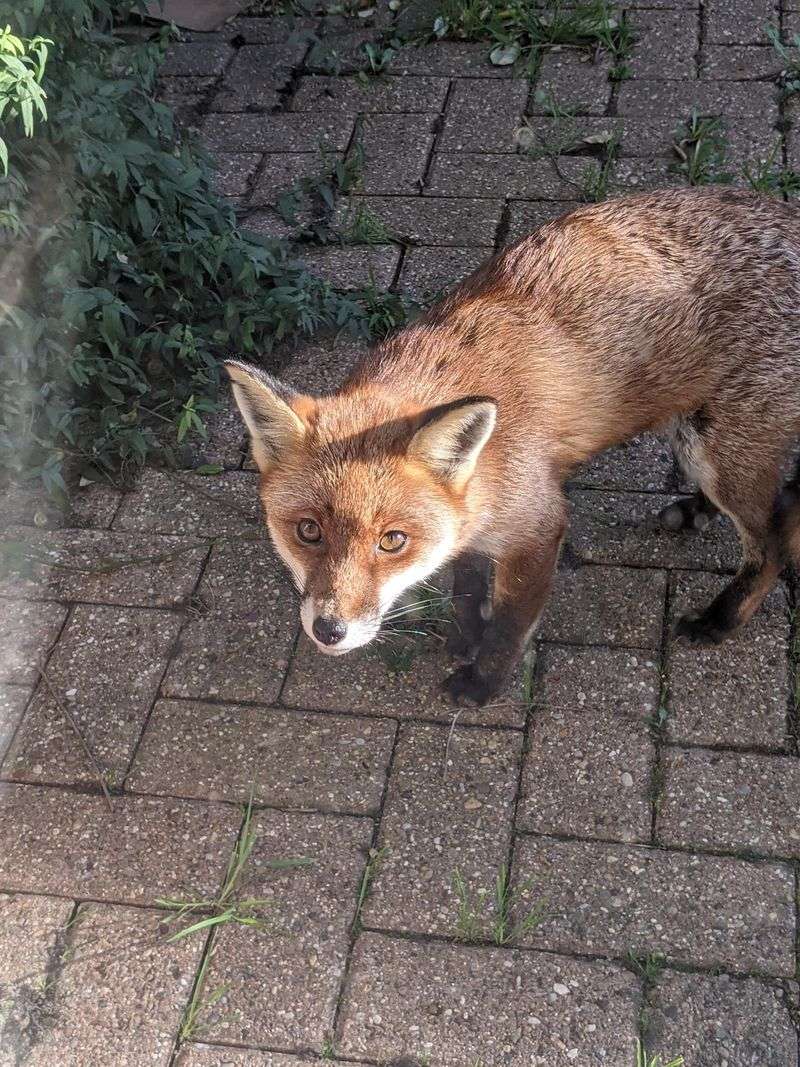
Staring directly at wild animals can be interpreted as a challenge or threat in the animal kingdom. Foxes might feel cornered or defensive if they think you are preparing to attack them.
Look at the fox from your peripheral vision instead of locking eyes. Never walk toward the animal or try to get closer for photos or videos, no matter how cute it appears.
Respecting Virginia wildlife boundaries keeps everyone safer and reduces stress for the already nervous fox exploring unfamiliar territory.
8. Contact Wildlife Control if Necessary
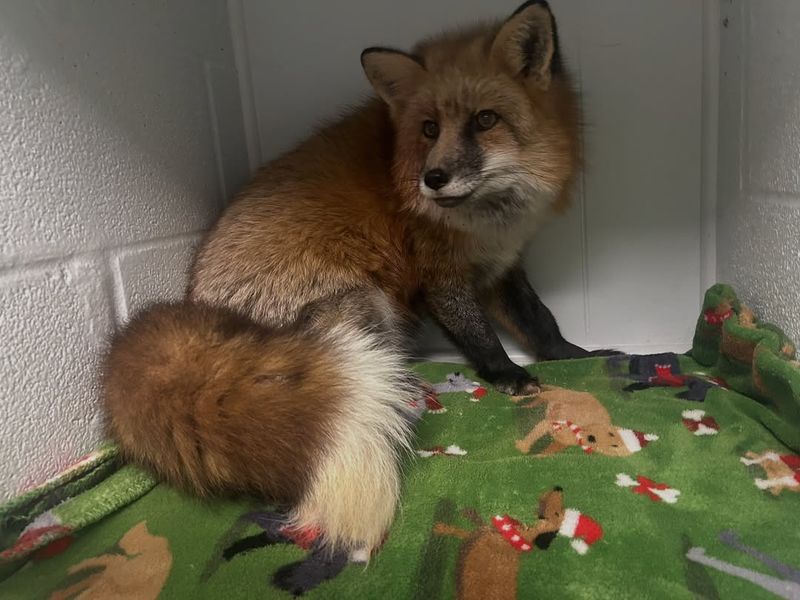
Professional help becomes important when foxes refuse to leave, act strangely, or appear sick with matted fur and stumbling movements. Rabies and distemper are serious diseases that affect Virginia wildlife populations.
Call your local animal control office or wildlife removal service for expert assistance. They have proper training and equipment to handle potentially dangerous situations safely.
Never attempt to trap or relocate foxes yourself, as Virginia law requires special permits for wildlife handling and transportation.
9. Prevent Future Visits With Yard Maintenance

Keeping your property less attractive to foxes helps prevent repeat visits throughout the fall and winter months. Overgrown bushes and tall grass provide perfect hiding spots for hunting and resting.
Trim vegetation regularly and clear brush piles where foxes might feel comfortable lurking. Install motion-activated lights or sprinklers that startle animals when they approach your home.
Pick up fallen fruit from trees immediately, as rotting apples and pears attract rodents that foxes love to hunt and eat.





